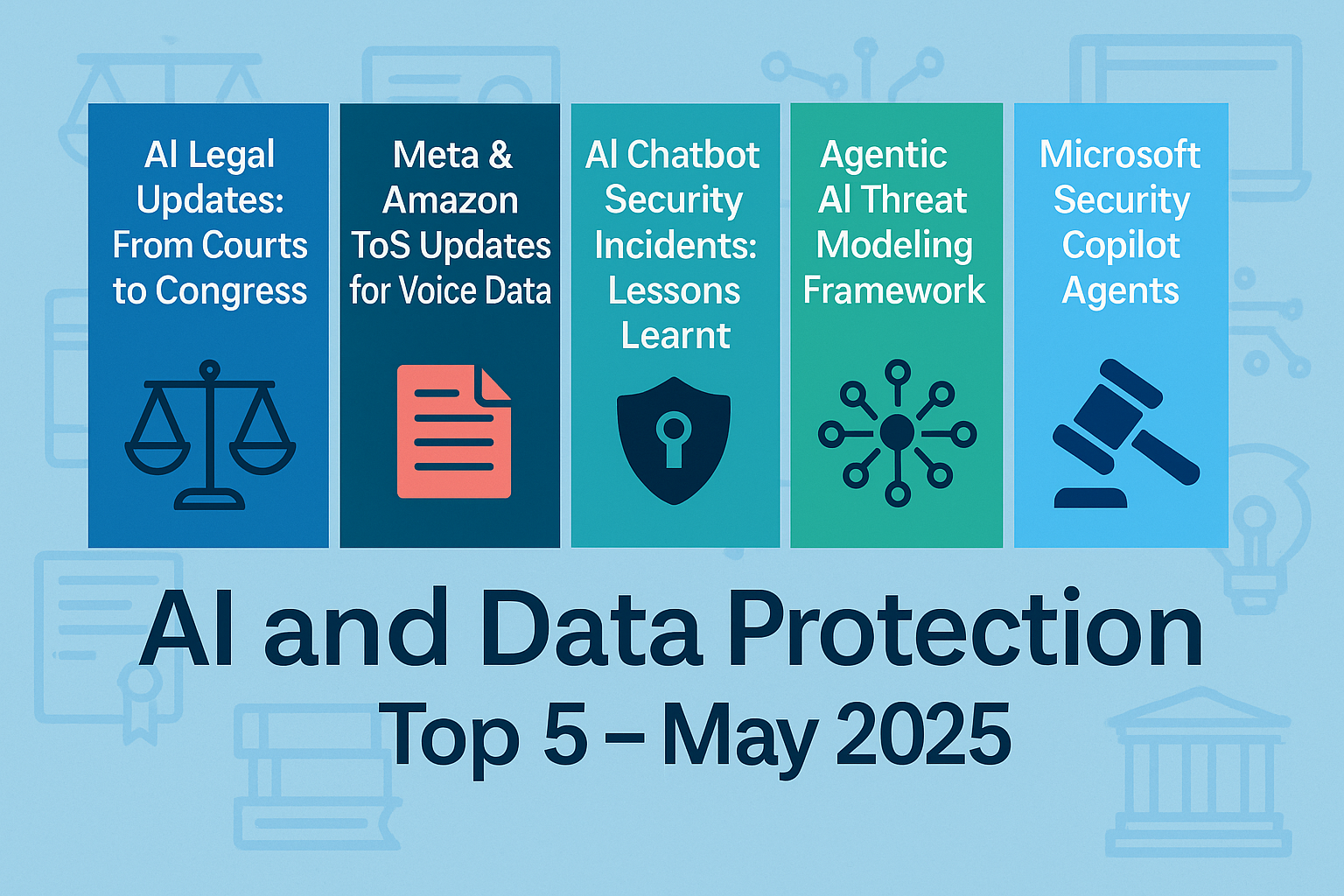Navigating the Landscape of AI Legislation in 2025
 CC: Check Here
CC: Check Here
Artificial Intelligence (AI) has rapidly transformed various sectors, from healthcare to finance, presenting both opportunities and challenges. As AI technologies evolve, so does the need for legislation that governs their use, ensuring that innovation does not come at the expense of ethical considerations, user privacy, and legal compliance. In this blog, we will explore the current state of AI legislation as of 2025, analyzing recent developments, challenges, and implications for the future.
Table of Contents
- Introduction
- Recent Developments in AI Legislation
- Challenges in AI Legislation
- Implications of AI Legislation
- Conclusion
Introduction
As AI technologies become increasingly ubiquitous, the demand for clear and comprehensive legislation has intensified. Governments worldwide are grappling with how to regulate AI effectively while fostering innovation. This blog will delve into the latest legislative updates, the challenges posed by AI, and the implications of these laws for businesses and society at large.
Recent Developments in AI Legislation
Executive Orders and Federal Actions
On January 23, 2025, President Trump signed an Executive Order titled "Removing Barriers to American Leadership in Artificial Intelligence." This policy focuses on revoking directives perceived as restrictive to AI innovation, paving the way for unbiased and agenda-free development of AI systems. Key components of this order include:
- Development of an AI Action Plan: Key advisors on science, technology, AI, and other relevant sectors must create and submit a plan to the President within 180 days to carry out the policy outlined in the order.
- Moratorium on State Regulations: The “One Big Beautiful Bill Act” passed by the U.S. House of Representatives includes a 10-year moratorium on state-level regulations regarding AI, complicating the regulatory landscape further.
These actions indicate a push towards deregulation at the federal level, potentially leading to a fragmented approach across states.
State-Level Legislation
States are actively considering various bills to regulate AI. Notable examples include:
- Alabama H 515: Regulates the use of AI in health coverage decisions, focusing on ethical considerations and patient rights.
- Arkansas H 1876: Addresses ownership of content generated by generative AI tools, clarifying that the person providing input to the AI tool will own the generated content, provided it does not infringe on existing copyrights.
- Washington H 1622: Allows negotiations related to the use of AI, indicating a move towards collective bargaining agreements in AI applications.
These state-level initiatives reflect the diverse approaches to AI regulation and the complexities that arise from a lack of uniformity in federal laws.
Challenges in AI Legislation
Intellectual Property Issues
As AI continues to evolve, the intersection of AI and intellectual property (IP) law remains contentious. By the end of 2024, there were nearly 30 active lawsuits alleging that AI developers violated U.S. copyright law by using copyrighted content without permission for training their models. Key challenges include:
- Copyright Infringement: The reliance on vast datasets for training AI raises questions about the legality of using copyrighted materials.
- Removal of Copyright Management Information: AI developers must ensure compliance with laws regarding the handling of copyright management information to avoid legal issues.
These challenges pose significant risks for AI companies and highlight the need for clearer guidelines on the use of copyrighted materials in AI training.
Data Privacy and Security
As AI systems become more integrated into daily life, concerns about data privacy and security have escalated. Key issues include:
- User Consent: Companies must ensure that privacy policies are transparent and accurately inform users about how their data will be used, especially in training AI models.
- Data Breaches: AI systems, particularly those handling sensitive information, are attractive targets for cyberattacks. Ensuring robust security measures is paramount.
The need for comprehensive regulations that address these concerns is critical to fostering trust in AI technologies.
Implications of AI Legislation
Impact on Businesses
The evolving landscape of AI legislation will have profound implications for businesses operating in this space. Key considerations include:
- Compliance Costs: As regulations become more stringent, companies may face increased compliance costs, impacting their bottom line.
- Innovation Stifling: Overly restrictive regulations could stifle innovation, pushing companies to relocate to jurisdictions with more favorable conditions.
Businesses must stay abreast of legislative changes to adapt their strategies and mitigate risks associated with non-compliance.
Public Trust and Ethical Considerations
The ethical implications of AI legislation cannot be overlooked. Ensuring that AI systems are developed and used responsibly is essential for maintaining public trust. Key factors include:
- Transparency: Regulations should mandate transparency in AI decision-making processes to foster trust among users.
- Accountability: Establishing clear accountability measures for AI developers and users will help mitigate risks associated with AI deployment.
A balanced approach that encourages innovation while safeguarding ethical standards is vital for the future of AI.
Conclusion
As we navigate the complexities of AI legislation in 2025, it is evident that a multifaceted approach is necessary. Federal and state governments must work collaboratively to create a cohesive regulatory framework that addresses the unique challenges posed by AI technologies. By fostering innovation, protecting user rights, and ensuring ethical considerations are at the forefront, we can harness the potential of AI while safeguarding the interests of society.
The journey towards comprehensive AI legislation is ongoing, and staying informed is crucial for all stakeholders involved in the AI ecosystem. As we look to the future, the balance between regulation and innovation will play a pivotal role in shaping the AI landscape for years to come.
Sources:

